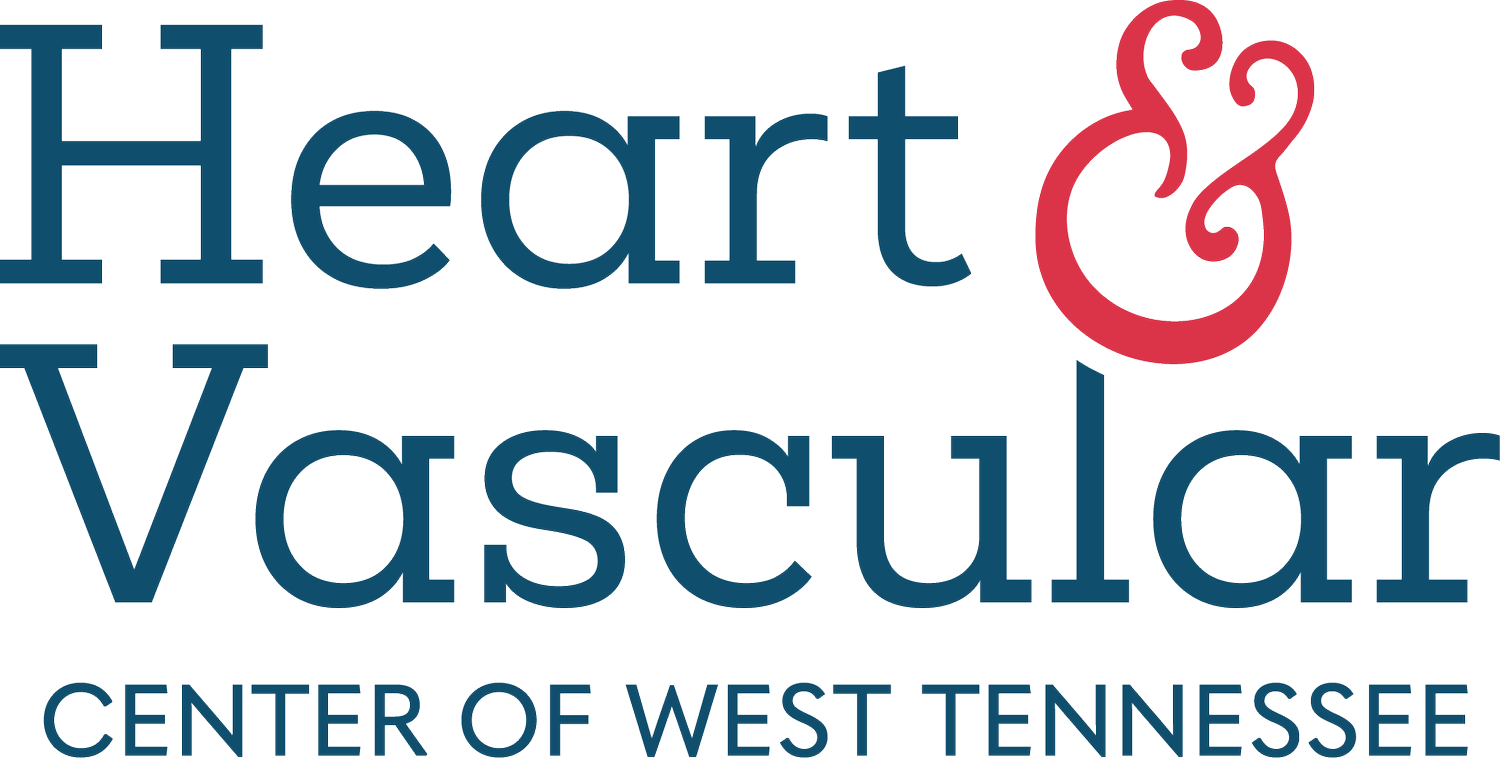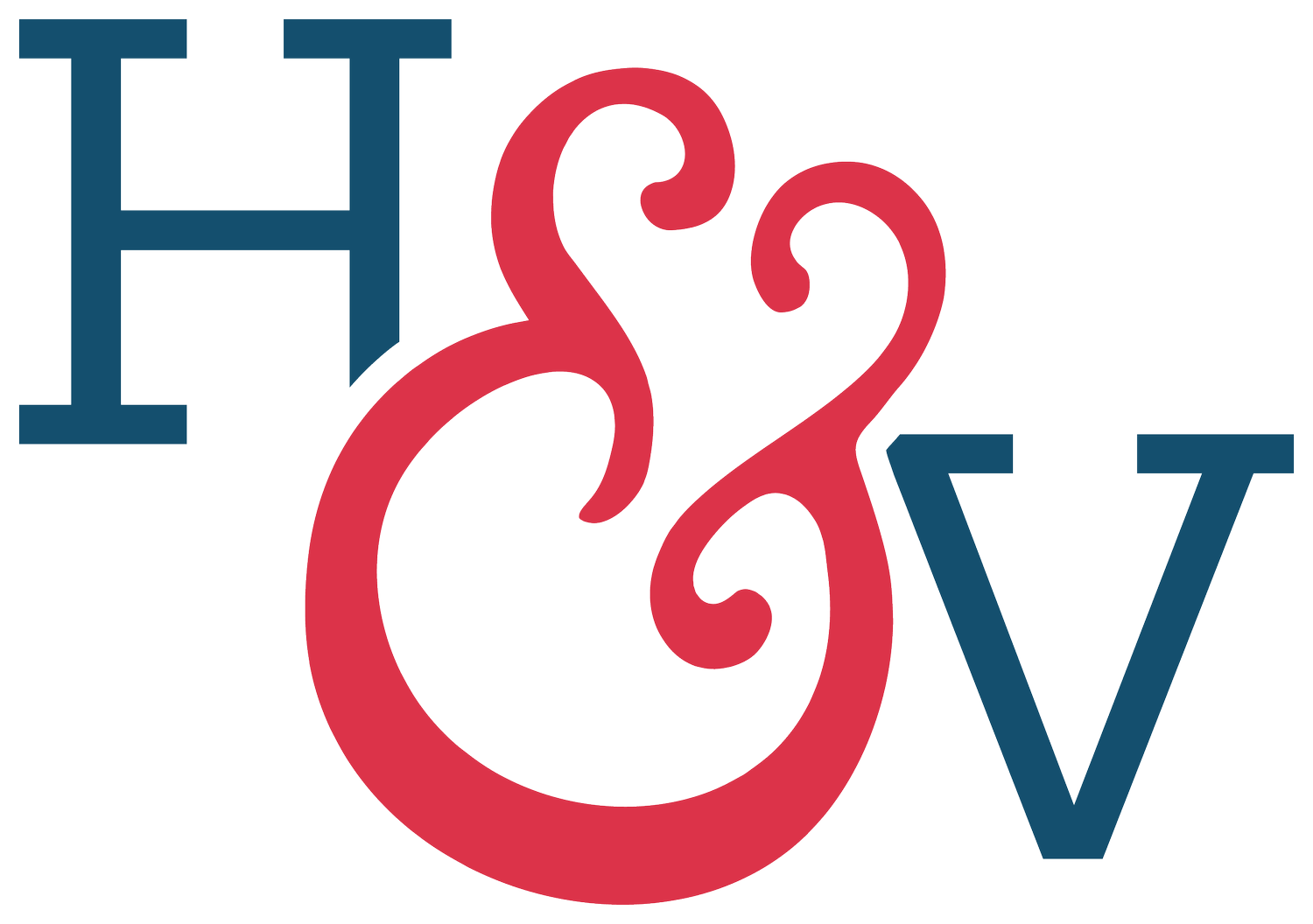
Our Services
The board-certified physicians at Heart & Vascular Center of West Tennessee use cutting-edge technology to provide expert diagnostic services for patients at risk of developing severe cardiovascular disease.
Tests performed at Heart & Vascular Center of West Tennessee include…
-
This essential test compares blood pressure in your feet to the blood pressure in your arms, helping to identify peripheral artery disease
-
Cardiac pacemaker placement is an interventional cardiology procedure that uses minimally a invasive catheterization technique to treat conditions such as coronary artery disease (CAD). A pacemaker is a small, implantable, battery-operated device that helps your heart beat in a regular rhythm by using painless electrical impulses.
To benefit from cutting-edge interventional cardiology procedures, contact Heart & Vascular Center of West Tennessee today.
-
Heart & Vascular Center is the first to offer PET/CT Stress Imaging in West Tennessee. This scan is used to diagnose cardiac diseases with higher accuracy by evaluating the blood flow and function of the heart. It is 3x faster than conventional stress tests, lasting less than 2 hours. It features better quality images than conventional stress tests and also gives fewer chances of false results and unnecessary invasive procedures.
CT scans - A highly advanced X-ray, this test uses a computer to produce cross-sectional images of your heart or blood vessels to diagnose heart conditions.
Coronary
Coronary CT scans utilize X-rays and contrast dye to create detailed images of the heart’s arteries, helping detect blockages, plaque buildup, and other heart conditions. It is often used to assess the risk of heart disease.
Vascular
Vascular CT scans utilize X-rays and contrast dye to create detailed images of blood vessels, arteries, and veins. This helps identify blockages, aneurysms, and other vascular conditions.
• LDCT
A low-dose CT (LDCT) scan utilizes significantly less radiation than a traditional CT scan and creates detailed chest images. It is commonly used for detecting lung cancer, enabling early detection of any abnormalities. The reduced radiation exposure makes LDCT ideal for patients with lung cancer who require frequent scans for monitoring.
LEARN MORE about the PET/CT scan.
-
Cardiovascular stress tests are used to determine how well your heart handles a heavy workload
-
Coronary calcium scans are used to identify early-stage heart disease by using advanced heart analysis technology.
Using a special X-ray test called computed tomography (CT), a coronary calcium scan checks for the buildup of calcium in plaque on the walls of the coronary arteries of the heart.
This test can provide doctors with valuable information to diagnose and treat cardiovascular disease, preventing symptoms from worsening and reducing the chance of suffering from a potentially fatal cardiac emergency such as heart attack or stroke.
To learn more about coronary calcium scans or to schedule an appointment, contact Heart & Vascular Center of West Tennessee today.
-
An EKG is a noninvasive test that measures the electrical activity of your heartbeat
-
Patients suffering from abnormal heart rhythm may benefit from electrophysiology procedures, advanced medical techniques used to restore heart rhythm and improve quality of life.
Abnormal heart rhythm, also known as an arrhythmia, affects the movement of blood through your heart and may increase your risk of developing blood clots that can cause a heart attack or stroke.
The providers at Heart & Vascular Center of West Tennessee use advanced electrophysiology procedures to find and treat the underlying cause of abnormal heart rhythm.
These procedures include:
Radiofrequency ablation - An effective treatment for abnormal heart rhythm, this procedure uses radiofrequency energy to heat specific areas of the heart, destroying small areas of the damaged cardiac tissue and restoring your normal heart rhythm
Electrophysiology procedures are minimally invasive, restoring your heart rhythm while requiring only a short recovery time.
To learn more about electrophysiology procedures or to schedule an appointment, contact the Heart & Vascular Center of West Tennessee today.
-
Heart catheterization is a minimally invasive procedure used to address issues related to the heart or blood vessels. It involves a thin, hollow tube called a catheter, which is guided through a blood vessel to reach the heart. This technique can be used to treat a variety of conditions, including arrhythmias, angina, coronary artery disease, congenital heart disease, heart failure, and other heart-related issues.
Service is available at the Jackson and Dyersburg locations.
-
During a nuclear wall study, your doctor uses small amounts of radioactive material to create detailed images of your heart and blood vessels to diagnose heart disease
-
Peripheral angioplasty is a minimally invasive procedure designed to open narrowed or blocked arteries located outside the heart, typically in the legs. During the procedure, a balloon-tipped catheter is inserted into the affected artery and inflated, widening the vessel to improve blood flow. In some cases, a stent may be placed to help keep the artery open and prevent future narrowing. This treatment alleviates blockages or narrowing in the blood vessels of the legs, reducing the risk of developing conditions such as peripheral arterial disease (PAD).
Service is available at the Jackson and Dyersburg locations.
-
Coronary and peripheral stent placements are minimally invasive procedures in which a small tube, called a stent, is inserted into narrowed or blocked arteries in the heart (coronary arteries) or other parts of the body (peripheral arteries). The stent helps restore regular blood flow by keeping the artery open. This procedure can reduce the risk of heart attacks, strokes, and other complications that can arise from restricted blood circulation.
-
A pulmonary function test (PFT) is a group of tests used to assess the health and function of your lungs.
-
An ultrasonography uses sound wave technology to create images of your internal organs, allowing doctors to evaluate your heart, blood vessels, and circulation.
Cardiac echocardiogram - A cardiac echocardiogram uses sound wave technology to assess the structure and function of your heart
Vein Mapping - Vein mapping is a diagnostic procedure that creates detailed images of the veins, typically located in the arms or legs. This procedure is often performed using ultrasound to determine vein size, depth, and condition.
-
Varicose vein ablation is a minimally invasive procedure that closes off affected veins using heat or chemicals. Once the vein is sealed, blood is redirected through healthier veins. Over time, the treated vein shrinks and is absorbed by the body, alleviating the painful and uncomfortable symptoms associated with varicose veins.
Providers Specializing In:
-
Advanced heart failure management involves a comprehensive approach to improve the quality of life and prolong survival for patients with heart failure. By working closely with patients, we can do this through medications, lifestyle modifications, regular appointments, therapies, and in some cases, heart transplants.
-
Arrhythmia management involves a combination of lifestyle changes, medications, and procedures aimed at restoring and maintaining a normal heart rhythm, alleviating symptoms, and preventing complications. Treatment options may include antiarrhythmic medications, cardioversion, ablation therapy, and the use of implantable devices such as pacemakers or defibrillators. These options are tailored to meet the specific conditions and needs of each patient.
-
Cardiology is the medical specialty focused on diagnosing, treating, and preventing diseases of the heart and blood vessels. It includes conditions such as coronary artery disease, heart failure, and arrhythmias, utilizing a variety of diagnostic tests and interventions to enhance overall cardiovascular health.
-
At the Heart and Vascular Center of West Tennessee, we offer comprehensive Diabetes Management services to help patients effectively manage their condition.
Our team of experts is dedicated to providing personalized care for both Type 1 and Type 2 Diabetes Mellitus. We offer a range of services, including insulin pump management, pre-diabetes care, and treatment for diabetic neuropathy.
In addition, we address associated conditions such as overweight/obesity, high cholesterol, high blood pressure, metabolic syndrome, thyroid disorders, and low testosterone. Our goal is to help patients achieve optimal health and well-being through education, support, and effective management strategies. With our team by your side, you can feel confident in your diabetes management plan.
-
Electrophysiology is a branch of cardiology that focuses on diagnosing and treating issues with the heart’s electrical system. Through various tests and procedures, electrophysiologists can identify the source of problems causing irregular rhythms.
-
With a focus on hormonal imbalances and related conditions, our endocrinology services provide personalized care and innovative treatments to optimize your overall well-being.
Hormone Assessment: We conduct thorough evaluations to assess hormone levels and identify any imbalances or abnormalities.
Thyroid Disorders: We diagnose and treat various thyroid conditions, such as hypothyroidism, hyperthyroidism, and thyroid nodules.
Adrenal and Pituitary Disorders: We diagnose and treat disorders affecting the adrenal and pituitary glands, ensuring optimal hormone production and regulation.
At Heart & Vascular Clinic, we are committed to providing comprehensive, patient-centered care. Our endocrinology services are designed to address your unique needs and empower you to achieve optimal hormonal health. We collaborate closely with other specialists within our clinic to offer integrated, multidisciplinary care. -
These portable devices continuously monitor and record your heart’s electrical activity for up to 48 hours
-
The team at Heart & Vascular Center of West Tennessee provides a broad spectrum of primary care services at clinic locations in Dyersburg and Lexington.
Conditions treated include:
Colds and flu
Diabetes
High blood pressure
Women’s health issues
Asthma
Urinary tract infections
Depression and anxiety
Headaches and migraines
Thyroid disease
Musculoskeletal injuries
Chronic disease management
To learn more about primary care services or to schedule an appointment, contact Heart & Vascular Center of West Tennessee today.
-
Stroke prevention includes strategies aimed at lowering the risk of stroke through lifestyle modifications and medical management.
-
The WATCHMAN procedure is a minimally invasive treatment that can reduce the chance of stroke and heart disease in at-risk patients diagnosed with atrial fibrillation not caused by a heart valve problem.
LEARN MORE about this procedure.
-
Our Heart and Vascular clinic has expanded its services to include specialized weight loss solutions.
Services Offered:
Semaglutide Injections: This FDA-approved medication helps to regulate appetite by mimicking a naturally occurring hormone in the body. It aids in weight loss by promoting a sense of fullness, thereby assisting in reducing calorie intake.
Personalized Diet Plans: These plans are customized to meet your individual needs and are designed to be both sustainable and nutritionally balanced.
Custom Exercise Programs: Our exercise regimens are created to complement your dietary adjustments, working in tandem to maximize weight loss and overall wellness.
Pricing and Results:
This is a cash-based service. Please note that pricing and results may vary depending on several factors including your starting weight, medical conditions, and adherence to the program.
For a holistic approach to weight loss that encompasses medical treatment, personalized diet plans, and tailored exercise programs, our clinic provides a comprehensive solution.



